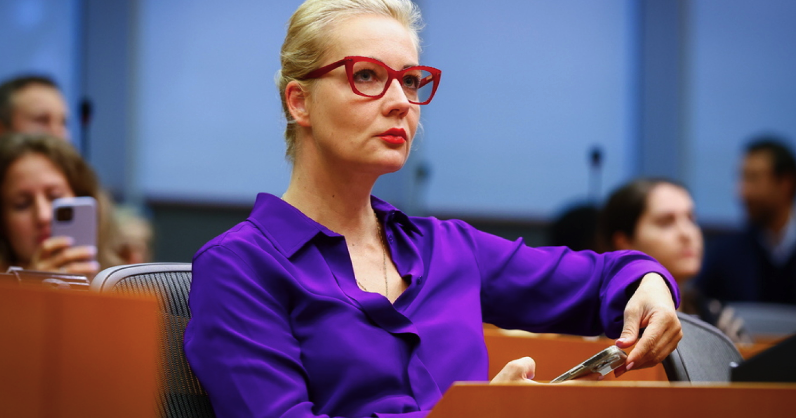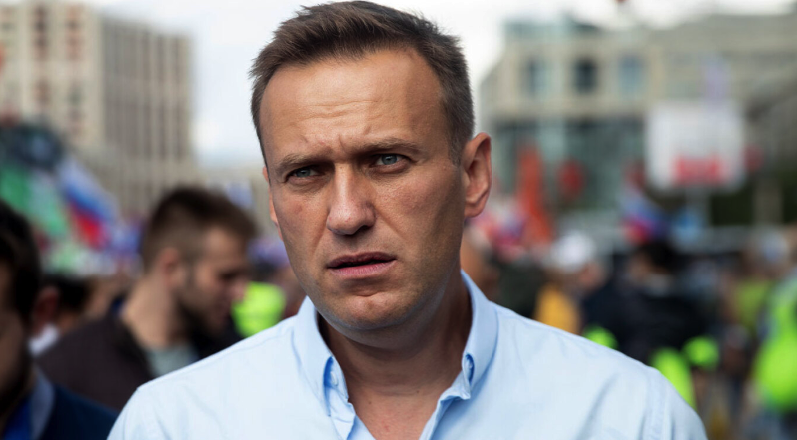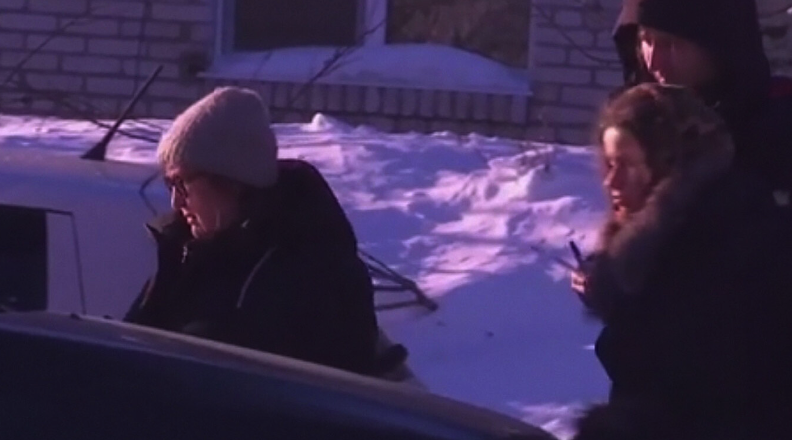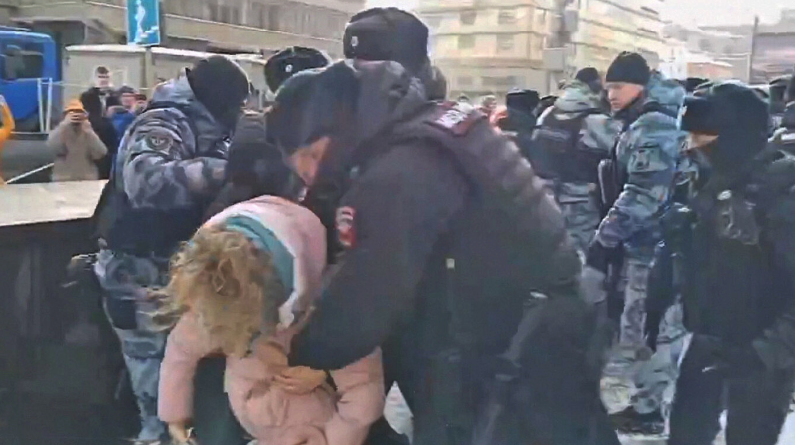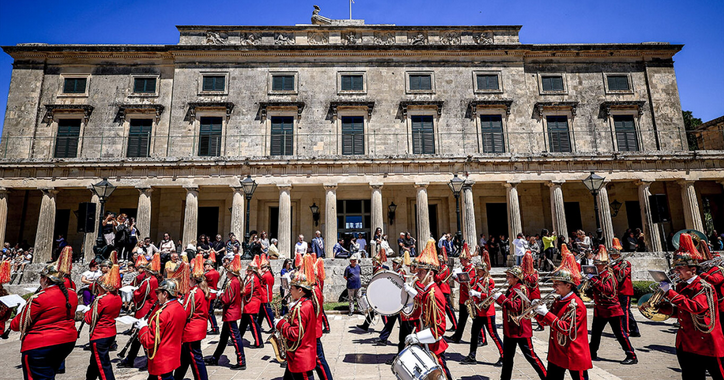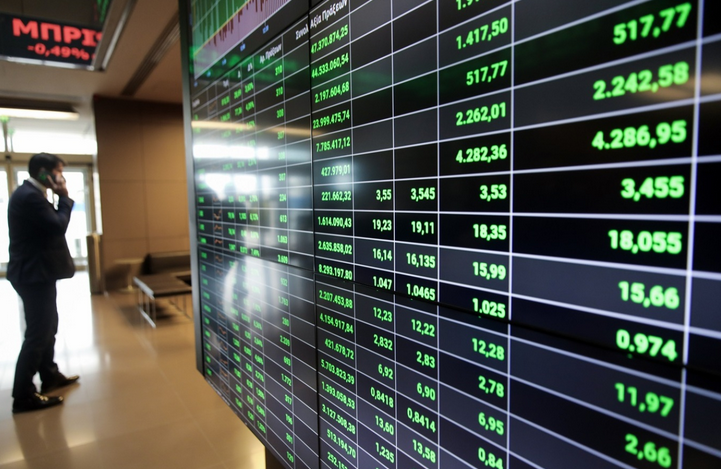Yulia Navalnyaya is meeting European Union foreign ministers in Brussels today, three days after the death of her husband, Russian opposition figure Alexei Navalny, in a Russian prison.
“On Monday I will welcome Yulia Navalnyaya to the EU Foreign Affairs Council,” European diplomacy chief Josep Borel said yesterday, Sunday, evening via social media X.
“EU ministers will send a strong message of support to freedom fighters in Russia and honour the memory of Alexei Navalny,” he wrote.
Yulia Navalny, 47, said she held Russian President Vladimir Putin “personally responsible” for his death and called on the international community to unite to inflict a defeat “on this horrific regime”.
Italian Foreign Minister Antonio Tajani said Navalny’s statements “will help all Europeans to better understand what kind of violent system we have to confront and stop in Ukraine.”
“This makes us feel the threat that weighs on Russian citizens and all the regions of our Europe, a continent where violence, brutality and war have returned in a shameful and irresponsible way,” Tajani added in a statement.
European Union foreign ministers are also to discuss military support for Ukraine and the possible 13th package of sanctions against Moscow after it launched its invasion of Ukraine on February 24, 2022.
– Convictions –
Over the weekend, Russian police arrested hundreds of people in dozens of cities who had gone to lay flowers and light candles in honour of Navalny at memorials to victims of Stalin-era oppression.
In St. Petersburg, in northwestern Russia, alone, judges over the weekend sentenced 154 of those people to up to 14 days in jail for violating the strict laws surrounding demonstrations, according to rulings released by the press service of local courts.
Human rights advocacy organisations and independent media have reported similar sentences in other cities.
Demonstrations against the Kremlin and other public actions in opposition to the regime are illegal in Russia, mainly under a law banning unauthorised gatherings.

